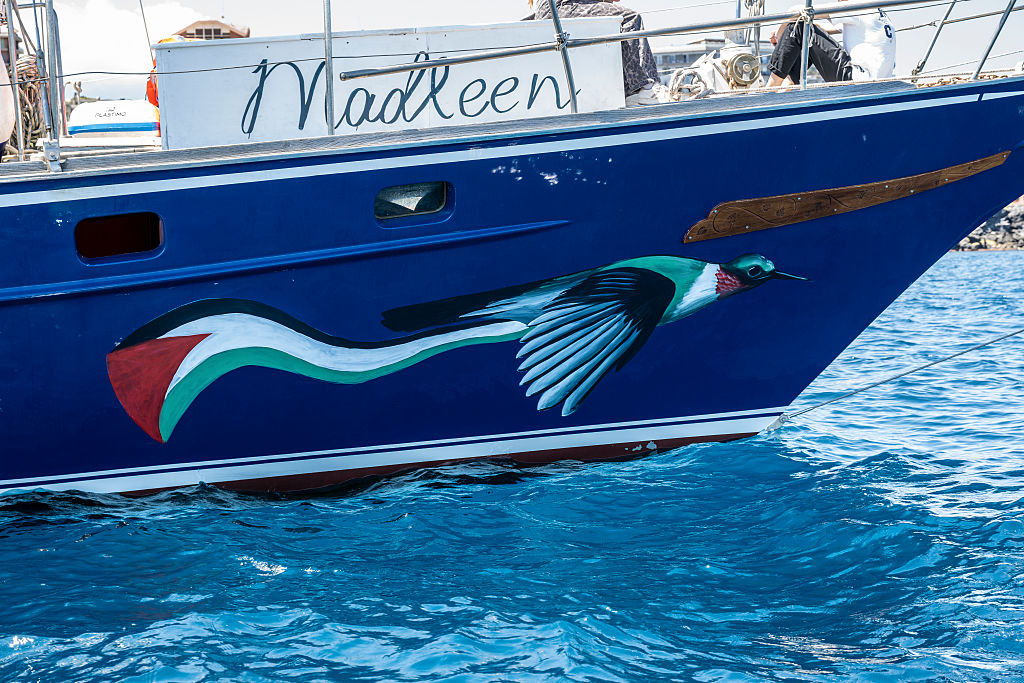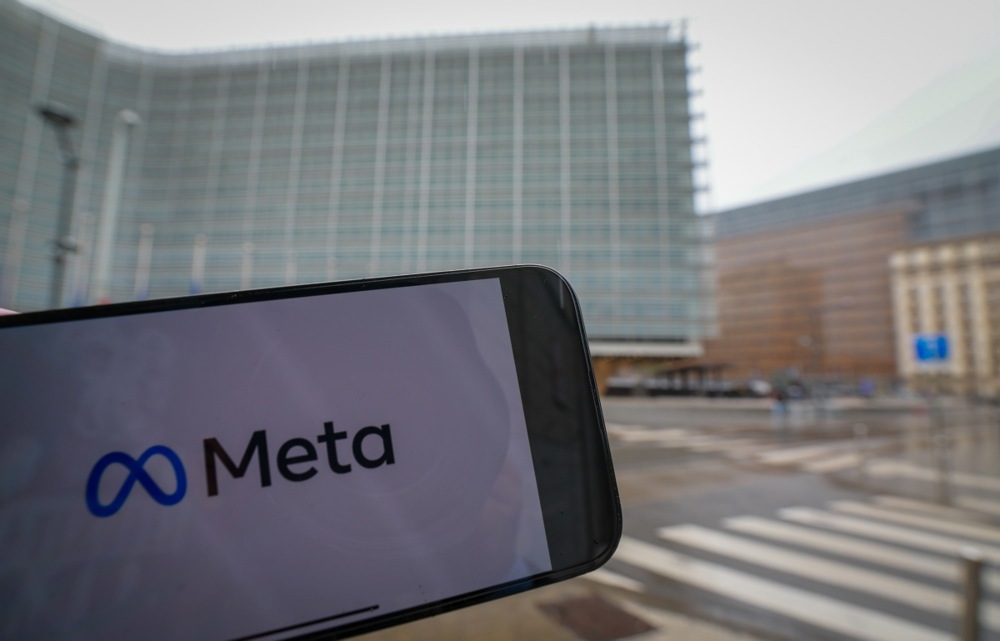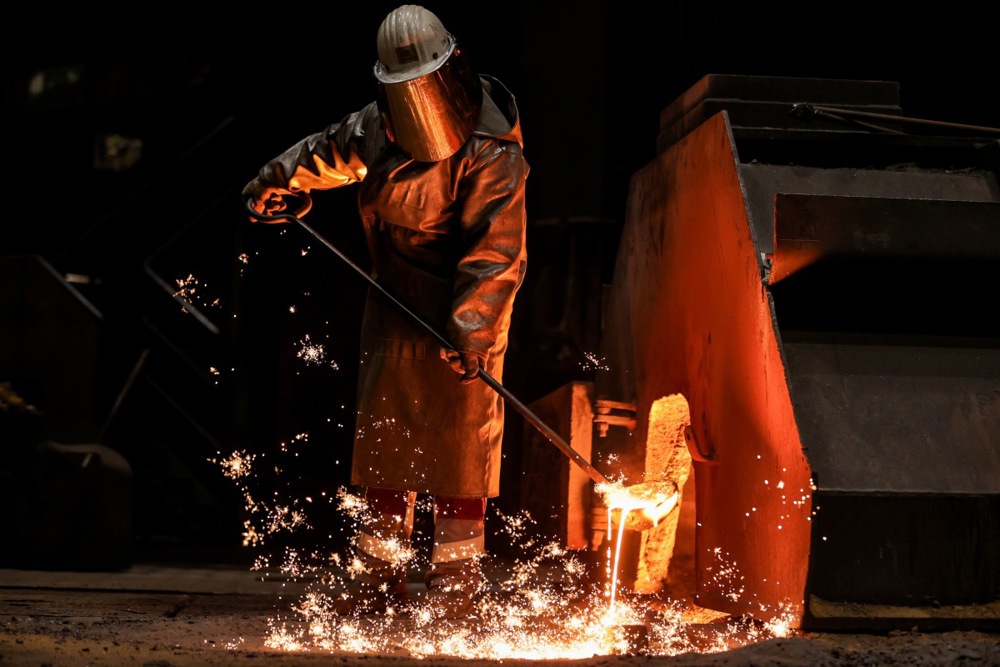Jim Ratcliffe, the owner of UK multinational chemicals and energy giant INEOS, has warned that half of the industry located in Antwerp, Europe’s second-largest port, could be gone in the next 10 years.
Speaking on June 10 during a visit to a site where INEOS was building Europe’s most sustainable ethane cracker, Ratcliffe indicated he would not locate the facility there today if he could restart the project: “It has been too challenging and the forced breaks have cost us hundreds of millions.”
An ethane cracker is an industrial facility that uses high heat to break down ethane, a component of natural gas, into ethylene.
“Project ONE is the first new cracker in Europe in a generation — and that’s the problem. While the rest of the world is building over 20 new crackers, Europe is sleepwalking into industrial decline,” Ratcliffe said.
Antwerp has a significant petrochemicals sector and the new ethane cracker would be the first to be built in Europe in 30 years. Ethylene is a major raw material for making plastics.
With an investment of €4 billion, the project, described by INEOS as “the biggest investment in chemistry in a generation”, was now 70 per cent complete. Currently, 2,500 people were working on site.
The company invited Belgian Prime Minister Bart De Wever to the construction site and called out the European Union’s spluttering economic record.
Ratcliffe said: “High energy costs, painful permitting, and punitive carbon taxes are killing investment. INEOS is backing Europe with over €4 billion on this site but we can’t do it alone.
“We need urgent political will and industrial ambition, or we’ll watch Europe’s chemical industry vanish,” he added.
While the debate on de-industrialisation in Europe is raging, the European Commission is pumping bags of cash into research exploring regrowth and the “planned economy”. https://t.co/QQbG7fGNN5
— Brussels Signal (@brusselssignal) August 15, 2023
“Half the industry located here will be gone within a decade,” Ratcliffe warned.
“While China is industrialising at an unseen pace and the United States has started the chase with tariffs, among other things, Europe is mostly de-industrialising.”
Next to the EU’s energy costs and carbon taxes, Ratcliffe also criticised tricky permit acquisition, tightening regulations and strict emissions rules. Those, he said, had forced the project to be halted for months, despite it being the most modern and cleanest installation of its kind.
He called again for the European Commission to change course and be more supportive of industry.
Ratcliffe noted that Antwerp was a highly important economic cluster in Europe, with a significant strategic value, comparable to Houston in the US.
“When you go to Houston, it’s full of companies building new facilities. Everywhere you go, it’s new facilities, cranes on a scale … Here in Antwerp, we’ve just got this one but this is the first one in Europe in 30 years, let alone in Antwerp,” he told Belgian journalists.
De Wever agreed with the British businessman. “This kind of investment has become a complete exception,” he told newspaper De Tijd.
“Last time I stood here with Jim, it was a happy moment. Today I’m more concerned.”
He noted that such projects were still being launched in the US, China and Africa but not in Europe, where de-industrialisation was ongoing.
In late April of this year, French energy company TotalEnergies closed down one of its ethylene crackers in Antwerp, costing 253 jobs.
Industry leaders have poured scorn on the European Commission’s Clean Industrial Deal proposal, designed to reinforce European industry and cut energy prices while still pushing the “green” approach. https://t.co/6rZHrGZpBF
— Brussels Signal (@brusselssignal) February 28, 2025





